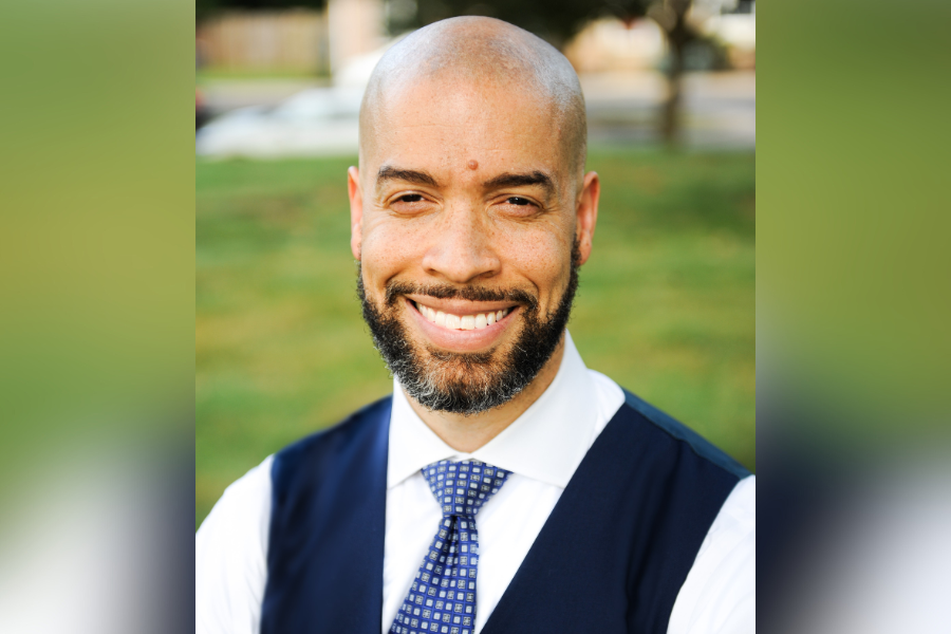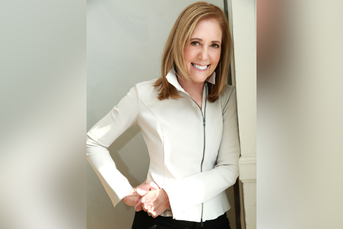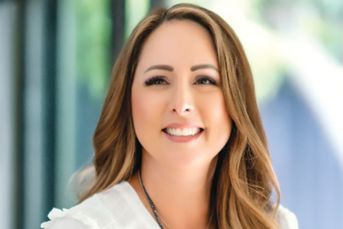Firm’s growth based on trust and accountability
 George Ball, chairman of Houston-based Sanders Morris Harris.
George Ball, chairman of Houston-based Sanders Morris Harris.
Veteran advisor says the challenge has remained the same – can you offer a client something better?
“Once upon a time, the center of the universe was actually the floor of the New York Stock Exchange,” says George Ball. Given his lengthy, varied career, the chairman of Houston-based investment firm Sanders Morris Harris should know.
Having started out as a summertime clerk on the exchange floor, Ball’s career saw him rise as a Navy officer and then pivot into the financial services industry. But he believes New York and its famous exchange are no longer the sole financial hubs of the world – nor are they necessarily the most trusted.
Sanders Morris Harris has succeeded by doing things differently than other firms. Having helped build Sanders Morris Harris into a dually registered broker-dealer and RIA worth almost $1 billion, Ball says it all comes down to trust and accountability.
“While we do many of the same things, we added a model that we’ve lived by – which is an investment ‘in common.’ We tell our clients that, wherever it was suitable, we would own the same instruments, the same things as they did – same terms, conditions, and prices, same charges and fees, and nothing different. Plus, if we personally lost a dollar, that would probably be five or 10 times what any of our clients lost.”
However, this isn’t something that can be done ubiquitously; as Ball explains, advisors need to find a differentiator that inspires confidence in their client base.
“The challenge today is different from what it was many years ago when I started in the business,” he says. “But it’s also the same. Can you offer a client something better, something more distinct from what everyone else is offering? We’ve been through a decade where we’ll offer you an optimized, diversified portfolio that’s rebalanced – and that’s a departure from what was done 20 years ago. Now it’s just commonplace.”
Ball also shares insights into the regulatory landscape, drawing from his experience as a former governor of the American Stock Exchange. He recalls a time when regulation and oversight were primarily conducted by industry insiders, which fostered a sense of moral responsibility and ethical behavior. However, this dynamic has evolved into a tension between the regulators and the regulated, with regulation often being rule-based rather than principle-based.
“I think that there should be a much greater embracing of regulation by principle rather than by rule,” Ball suggests. “There’s lip service that’s been given to regulation by principle, but I think most advisors would say that the oversight is largely rule-based rather than being judgmentally founded. And I think that that hurts investors even more than it hurts advisors.”
Learn more about reprints and licensing for this article.








